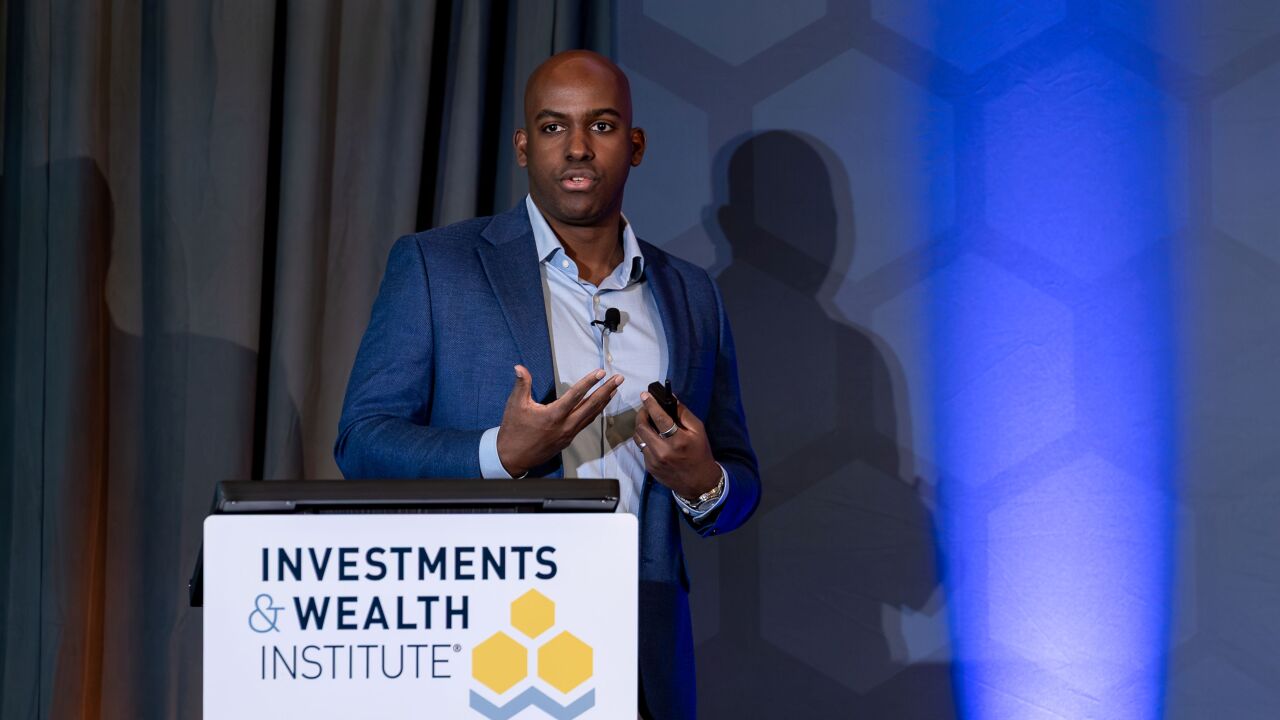While the use of ETFs continues to surge, their low expense ratios appear to be most prized by the ultra-wealthy. Spectrem Group, a Chicago-based consulting and research firm, just reported that 28% of investors own ETFs, but 47% of ultrahigh net worth investors hold them. Those ultra-affluent investors, according to Spectrem, are worth $5 million to $25 million, not counting their main home.
Spectrem notes that 44% of ETF owners have purchased on the recommendation of an advisor, even though employee channel advisors specifically have not been fans due to the ETFs' low fee structure. If that's the case, why do so many UHNW investorswho typically work with one or more advisorshave ETFs?
George H. Walper, Jr., president of Spectrem, attributes the difference to risk factors. ETFs are relatively new and unfamiliar, so they attract aggressive investors: 36% of investors who identify themselves as aggressive or very aggressive own ETFs, versus 14% of conservative investors.
"Wealthier investors are more likely to purchase ETFs,'' Walper says. "They can afford to make initial investments in alternative products."
Carol Schleif, a regional chief investment officer of asset management for Abbot Downing, a Wells Fargo business that serves UHNW clients, is quick to refute the idea that the prospect of higher upfront loads and 12b-1 fees elsewhere leads advisors away from ETFs. "Our clients want the best fee-adjusted and tax-adjusted returns," she says. "If an ETF will deliver that, we'll recommend the ETF."
In practice, Abbot Downing uses ETFs for tactical strategies. "Generally, we work with active managers who can take advantage of market inefficiencies," Schleif says. "In some asset classes, though, inefficiencies are hard to find. We may use passive strategies there, which might call for investing in ETFs."
In 2012, for instance, Abbot Downing noted that its global equity managers were light on EU investing at a time when the investment community seemed bearish on that region. So they reconsidered their strategy.
"We thought EU stocks could move up, so we wanted to dial up our exposure there," Schleif says. Instead of active management, the firm looked for index funds in that area and found some approved ETFs on its platform. As it turned out, European stocks had a strong year in 2012.
Schleif says Abbot Downing has added some commodity ETFs to increase exposure to an asset class that has been down. The firm also has used some country-specific ETFs, such as those focused on Japan.
Nevertheless, some very specific ETFs wouldn't be considered. "If an ETF is too esoteric," she says, "it might not be liquid. That's one of the things we look for, when evaluating ETFs for our clients."





